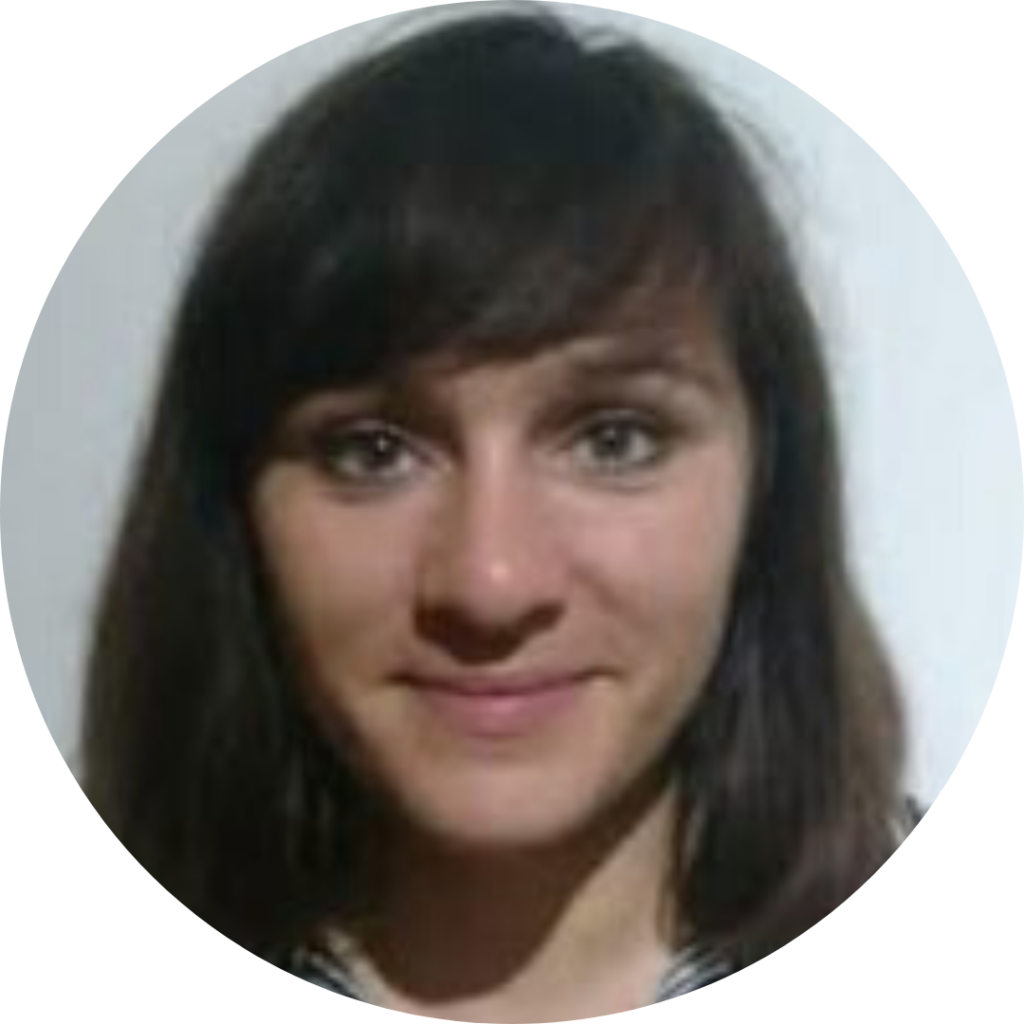
Lorna Stabler discusses her research into the experiences of an under-recognised group: sibling carers.

What is the issue?
Most people know that families are not always two parents bringing up their children, and that, for lots of reasons, sometimes children are brought up by someone who isn’t their mother or father. What is less commonly known is that in some of these families, it is an older sister or brother who is the main carer for their younger sibling(s). In fact, one study found that in England in 2011, as many as 23% of relatives caring for children who weren’t their birth children were older siblings – that is 35,200 people! But despite this being the experience for a lot of families in the UK, very little is known about what it is like to be a carer for a sibling.
Who am I and why am I doing this research?
I became interested in sibling carers because I was a sibling carer for my younger brother, and when I started working in research, I realised there wasn’t really anything out there about families like mine. Most of research about ‘kinship’ families focused on the experiences of grandparents. While that is very important, I felt like the stories of siblings would be different to those of grandparents and their grandchildren. That is why my PhD is focused on the experiences of sibling carers.
Where is the research taking place?
While there is more attention being paid to kinship care in the UK, there are huge differences between what is happening in practice in Scotland compared with Wales, or Cardiff compared with Conwy. That is why I hope to speak with people from all parts of the UK.
Who am I speaking to?
I am interviewing people (18+) who live in the UK and have experience of being the main carer for their sibling. I am also interviewing siblings who are being cared for by an older sibling, and care-experienced people of any age who spent time being cared for by their sibling. Siblings interested in being interviewed can find out more here.
I am including practitioners of all types in my PhD research through a survey, interviews and focus groups. The survey asks for examples of practice with sibling-headed kinship families, and ideas around what is needed to help these families to thrive. Practitioners don’t need to have explicitly worked with siblings who are kinship carers – experience of working with any kinship carers will be very relevant. The survey can be accessed here.
The story so far
Many of the conversations so far have raised important issues and considerations. Sibling carers that have taken part so far have rarely, if ever, met another sibling carer, or had the chance to tell their story. Siblings have become carers through many different routes, but often have faced similar hurdles when looking for help and recognition. Practitioners have highlighted the need to advocate for siblings as potential carers because they are often not considered.
The stories and practice examples generated in this research will hopefully help to increase recognition of this group, and influence the way that services are designed to be suitable for sibling-headed families.
The PhD is funded by the ESRC (Economic and Social Research Council) Wales Doctoral Training Partnership.
Lorna Stabler is a Research Associate at Children’s Social Care Research and Development Centre ( CASCADE) and a PhD student at DECIPHer. You can find her on Twitter here.